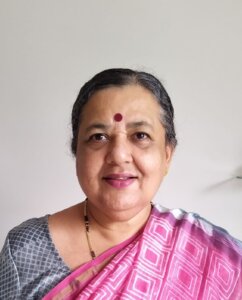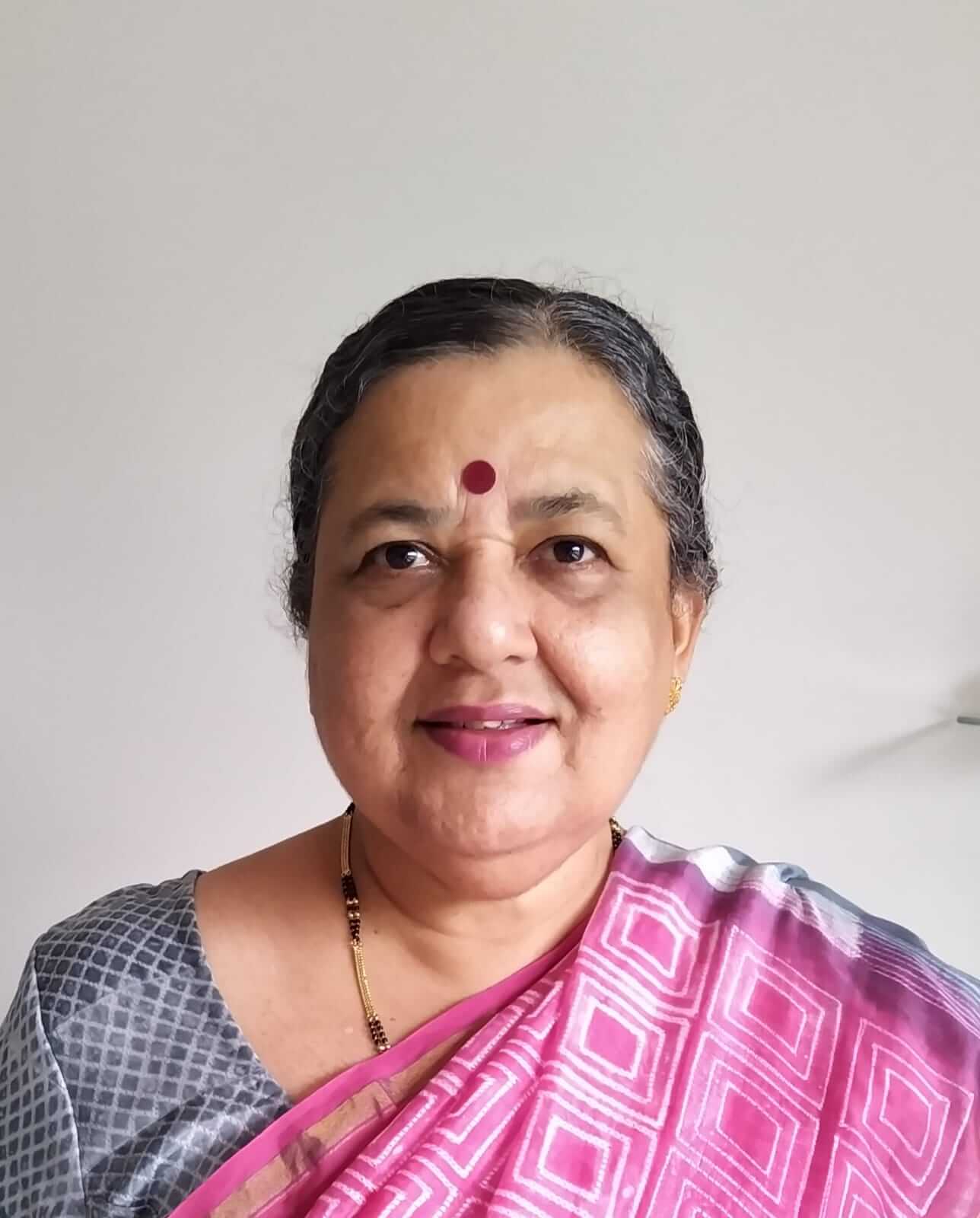The Researcher.Life Ambassador Program is a global community of researchers who wish to give back to their academic communities through mentoring and collaboration with other researchers. Researcher.Life Ambassadors empower themselves and their fellow researchers with advanced tools and services from Researcher.Life that help them do more, be more, and succeed more. Every month we spotlight one Ambassador who has gone the extra mile in supporting their academic community.
Ambassador of the Month: Dr. Suman Mundkur

Dr. Suman Mundkur is a Researcher.Life Ambassador, Research Consultant and Founder of Academic Research Consultancy Services. Last year, she retired as Associate Professor, Textiles and Apparel Designing, SNDT Women’s University after 29 years of teaching and research. She holds a PhD in Home Science from the Department of Textiles and Fashion Technology, Nirmala Niketan, Mumbai University. Dr. Mundkur published her first book earlier this year.
Could you tell us a little about your research?
Being a professor from the Home Science field, my specialization was in Textiles and Apparel Designing. For 29 years I taught how textiles are made: the processing of fabrics, coloration, designing, production; merchandising, and marketing of apparel. But the heart of my research was managing clothing waste – what happens to the clothes and what can be done to reuse and recycle for sustainable consumption. “Sourcing and Reuse of Post-consumer Clothing Waste for Technical Textile Products” was the title of my Ph.D. Research. It lead me to understand the current practices in the disposal and reuse in Indian households, the products that are made to advance the life of the clothes, and the possible products that can be designed, developed and accessed for consumer acceptance and sale.
Discarded clothes collected through a unique door-to-door collection system in India through communities or recyclers called ‘Bhandivale’ opened up new insights that were much appreciated when presented at International Conferences in India and abroad. Tracing the journey of pre-owned clothes from homes from different nations, to clarify the ‘Rag Route’ was a revelation of how India had turned into a ‘recycling hub’ over the decades since Independence. Research in the level of support from the government, non-government organizations and various stakeholders in the trade of ‘second-hand clothes’ and ‘rags’ led to studying what happens at the grassroots level. Thousands of people employed for a livelihood in collecting, sorting, wasting, mending, dyeing, ironing, etc. to make it ready for resale. Traditionally values of ‘Vastra-daan’ or donation of clothes being imbibed in Indian culture, during the course of research, it was rarely seen that clothes go into the trash. Whether it was during natural calamities or otherwise, clothes are passed on to those in need, those who will accept, and those who will rent or resell. Technical textiles is a field of textile application other than Apparel and Home Textiles. Development of technical textile nonwoven materials for sound absorption, thermal insulation, and packaging was the outcome of the Ph.D. research.
How did you get interested in this field?
As the third child in the family, I grew up accepting hand-me-downs with pleasure. In adulthood, it was curiosity that led me to research this topic of recycling textiles, in particular clothing.
What are you currently working on now?
I am currently working on hand-made paper made from post-consumer clothing waste of cotton origin. My other ongoing projects are on ‘Plus Size Fashion’; ‘Natural Dyes on Wool’; ‘Impact of Social Media on Shopping behavior‘ and ‘Visual Research’.
Why did you decide to become a Researcher.Life Ambassador?
Being an Associate Professor, I had seen the struggles of my students as first-time researchers. Being a late-career researcher myself, I had faced challenges that I did not want others to face. I wanted to help other researchers by guiding, helping and motivating them.
What is the best part about working in research?
The ability to work with researchers from various disciplines that helps keep me updated on other subjects. It keeps the mind in a lifelong learning-mode!
And the most challenging part about working in research?
It needs time, concentration, and dedication. It is difficult to focus on many other aspects of life.
What is the one thing you want people to know about Researcher.Life?
You are supported well. You know where to look for help.
How has Researcher.Life Ambassador Program helped you in empowering the research community?
As a Researcher.Life Ambassador, I have been able to connect with other researchers, understand the problems faced by the young researchers in various disciplines. R Voice has helped me understand these aspects better. The events that I have participated and conducted have given me a sense of belonging to the CACTUS family. Interaction with the CEO was an encouraging and motivating experience. It not only oriented us to the company and its vision and mission, but it also gave us the direction to join hands and move ahead with other like-minded researchers. Zeroing In On A Research Topic: Resources and Strategies of Selecting, Narrowing down – A Guide for First-time Researchers was the first book I wrote and launched on 19th July 2021. In Chapter 4, the Resources section gave a detailed account of the Researcher.Life eco-system that will help kick-start research at any stage in the academic hierarchy. I could reach out to over 1000 attendees orienting them on Researcher.Life products on Facebook Live for a session on ‘How to Write a Review Paper: A Guide for Ph.D Scholars’. Partnering with another Researcher.Life Ambassador, I could conduct a panel discussion on “Ethical Guidelines in Research and Publishing” along with an eminent panel of experts from various fields. An interview with the Researcher.Life Team gave me an opportunity to express how I benefited from being a Researcher.Life Ambassador and how Researcher.Life can benefit from me. It’s a sure win-win! Networking with other Researcher.Life Ambassadors has been helping widen my horizon. Researcher.Life has given me a position and status that I feel responsible for.
Would you also like to give back to the academic community like Dr. Suman?
Consider becoming a Researcher.Life Ambassador – apply today!
Learn more about the Researcher.Life Ambassador Program here.




